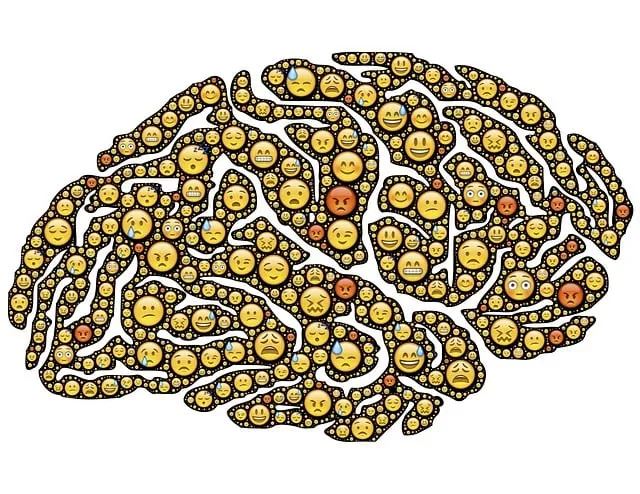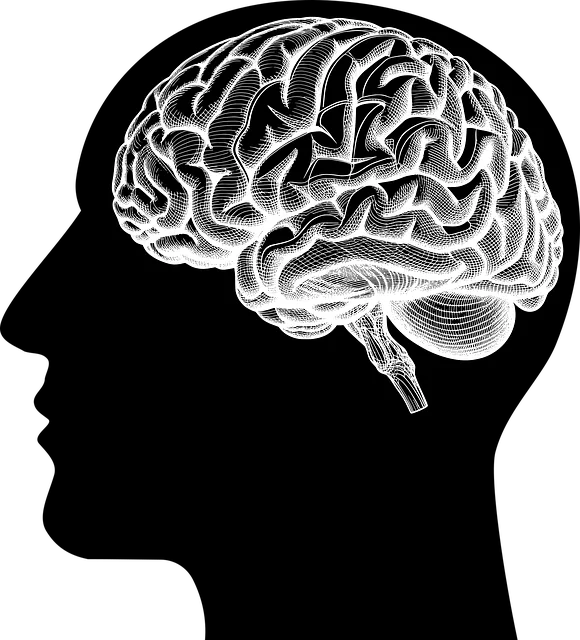Kaiser Permanente Mental Health Boulder leads in promoting mental wellness through innovative self-assessment tools that are culturally sensitive, inclusive, and evidence-based. Their holistic approach integrates practices like Compassion Cultivation and Trauma Support to strengthen resilience and foster understanding across diverse populations. By incorporating local contexts, languages, and user feedback into their continuous improvement process, they develop personalized self-care routines that enhance emotional well-being and empower individuals to take control of their mental health journeys.
Mental wellness self-assessment tools play a crucial role in empowering individuals to take charge of their emotional well-being. This article explores the development of such tools, drawing inspiration from innovative initiatives like the Kaiser Permanente Mental Health Boulder Initiative. We’ll delve into strategies for creating effective assessments with wide applicability, and discuss how to measure success and ensure continuous improvement. By understanding these processes, we can enhance mental wellness support in communities across various settings.
- Understanding Mental Wellness Self-Assessment Tools
- The Kaiser Permanente Mental Health Boulder Initiative
- Developing Effective Assessment Tools for Wide Applicability
- Measuring Success and Continuous Improvement
Understanding Mental Wellness Self-Assessment Tools

Mental wellness self-assessment tools are valuable resources designed to help individuals gain insights into their mental health and well-being. These tools, often accessible through organizations like Kaiser Permanente Mental Health Boulder, play a crucial role in promoting Mental Health Awareness. They empower people to proactively manage their mental health by identifying potential issues early on. By encouraging open dialogue about mental wellness, these assessments can reduce the stigma associated with seeking help and foster more inclusive and culturally sensitive environments.
Cultural Sensitivity in Mental Healthcare Practice is a key consideration in designing effective self-assessment tools. Tools that cater to diverse populations must account for cultural differences in expressing emotions and perceptions of health. Moreover, they should incorporate communication strategies that ensure clarity and comfort for users from various backgrounds. This inclusive approach not only enhances the assessment’s accuracy but also encourages individuals to engage in meaningful conversations about their mental health.
The Kaiser Permanente Mental Health Boulder Initiative

The Kaiser Permanente Mental Health Boulder Initiative is a notable program that has made significant strides in improving mental wellness within the community. This initiative focuses on providing accessible and comprehensive mental health services, focusing on both individual and collective well-being. By integrating various evidence-based practices, such as Compassion Cultivation Practices, the program aims to enhance resilience building among participants. These practices foster a sense of connection, understanding, and self-compassion, which are essential in navigating life’s challenges.
One of the key aspects of this initiative is its holistic approach, addressing mental health concerns alongside physical well-being. It offers a range of services, including Trauma Support Services, designed to cater to individuals who have experienced traumatic events. Through these services, participants learn effective coping strategies and gain access to resources that promote long-term mental wellness. The program’s success lies in its dedication to creating a supportive environment where individuals can heal, grow, and cultivate a deeper sense of resilience.
Developing Effective Assessment Tools for Wide Applicability

Developing effective mental wellness self-assessment tools is a multifaceted process that requires careful consideration of their applicability across diverse populations and settings. For instance, organizations like Kaiser Permanente mental health Boulder have pioneered initiatives to create assessments that cater to the unique needs of their community, integrating local cultural contexts and languages. This approach ensures that the tools are not only inclusive but also accessible to a broader range of individuals.
Effective assessment tools should be versatile, adaptable, and evidence-based. They must be designed to capture not just symptoms but also psychological resources and self-care practices, as promoted by communication strategies and burnout prevention programs. By incorporating such aspects, these tools can provide a holistic view of mental wellness, enabling tailored interventions and enhancing overall well-being, especially when incorporated into daily Self-Care Practices.
Measuring Success and Continuous Improvement

Measuring success and continuous improvement are vital components in developing effective mental wellness self-assessment tools. At Kaiser Permanente Mental Health Boulder, we utilize a multi-faceted approach to evaluate the impact of our programs and interventions. This involves setting clear, measurable goals aligned with evidence-based practices, such as enhancing emotional well-being promotion techniques and mood management strategies. By integrating user feedback and employing data analytics, we can identify areas for enhancement and tailor our self-assessment tools accordingly.
Self-Care Routine Development for Better Mental Health is a key focus, as we recognize the importance of personalized strategies in maintaining overall wellness. Through regular review and refinement, our assessment tools evolve to meet the diverse needs of individuals seeking support. This continuous improvement process ensures that our resources remain relevant and effective, fostering positive outcomes and empowering users to take control of their mental health journeys.
Mental wellness self-assessment tools play a pivotal role in individual and community well-being. As demonstrated by the Kaiser Permanente mental health Boulder Initiative, collaborative efforts between healthcare providers and communities can lead to innovative solutions that improve access and quality of care. By focusing on wide applicability and continuous improvement, these tools have the potential to revolutionize mental health support, ensuring that everyone has access to effective resources for their wellness journey.






